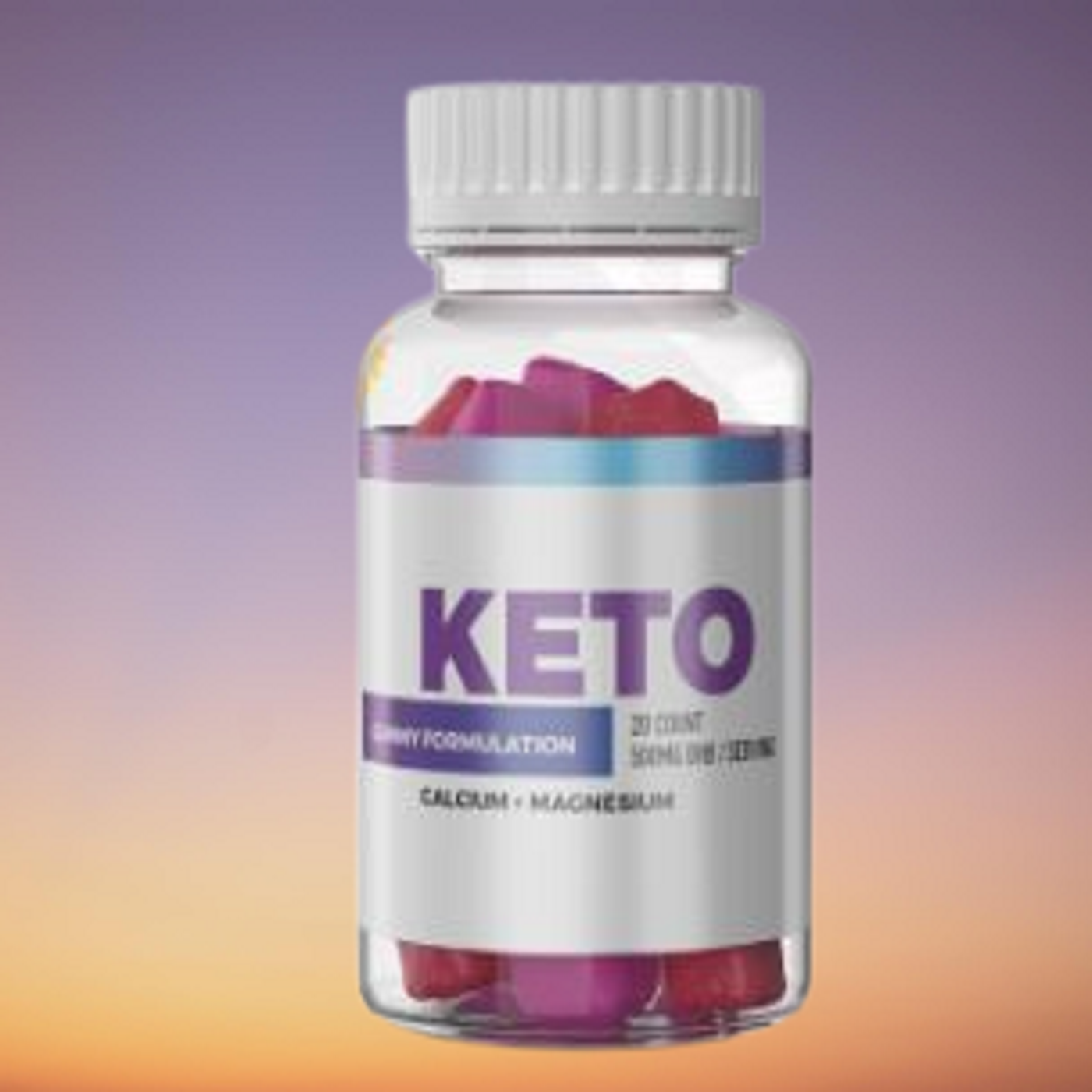Health & Medicine
Top 10 Health Benefits of Consuming Organic Food
by Admin
-
Wednesday, April 20, 2022
235 Views
There are a number of benefits to consuming organic foods. From nutrient content to environmental impact, the benefits of organic foods are numerous. This article will discuss a few of them. You can also read about cost-effectiveness. Let’s start! Here are some reasons why organic food is the best choice for your family. Here are some examples:
Nutrient content
The composition of food products can be compared to determine the relative nutrient contents, and research on the relationship between agricultural practices and nutrient content is needed. Current evidence does not show that eating organic food is better for your health than conventionally grown food, however. The nutrient content of organic food is more than double that of conventionally grown food. Although some studies show a higher level of phenols in organic produce, others have not yet been fully tested.
Antioxidants are also known to reduce the risk of chronic diseases, such as cancer, heart disease, and neurological conditions. Organic food is also rich in phenolic compounds, which are powerful antioxidants with anti-inflammatory and ant mutagenic properties. Some research shows that dietary intake of organic foods can lead to lower risks of coronary heart disease. This antioxidant content can protect the body against oxidative stress, which can contribute to many diseases. Vidalista 80 mg tadalafil is help to solve heart disease problem and also help to treat men’s impotence.
In addition, organic foods may have higher levels of healthy fats than non-organic foods. A review in the British Journal of Nutrition looked at 67 published studies and found that organic beef had lower saturated fat and higher omega-3 fatty acids. Although studies have shown that eating more organic foods can help you live a healthier life, they do not guarantee improved health or the prevention of chronic diseases. This study is based on observation, but the dietary habits and health goals of individuals should be the key factors when choosing organic food.
However, when comparing the nutrient content of conventional and organic foods, it is necessary to consider the overall diet composition of these two types of food to determine the optimal nutritional levels for optimal health. Switching to organic foods can have a much smaller impact on diets that are rich in polyphenols, such as those found in red meat and poultry. Moreover, the cost of organic food for health benefits must be considered in the context of the diet of the consumer.
The popularity of organic food has led to the development of a multi-billion-dollar industry, with the perception that eating organic foods is better for your health. While there are no studies that prove this, organic food contains more nutrients. Organically grown produce has higher amounts of vitamin C, phosphorus, and iron. Organic foods contain lower levels of nitrates and pesticide residues than conventionally grown produce.
Environmental impact
A recent study has looked at the environmental impact of plant-based and organic foods. The researchers studied the food consumption patterns of 34,000 French adults. They used a vegetarian score to determine preferences, then conducted a life cycle assessment of farm production to estimate greenhouse gas emissions, cumulative energy demand, and land occupation. The researchers concluded that organic food consumption reduced greenhouse gas emissions by about 8% compared to conventional food production. But it’s not that simple.
One of the greatest issues facing organic farming is the release of nutrients into the soil and water. Organic farms can be more efficient, but the environmental impact is still higher. Organic farmers also spend more time growing food than conventional ones, and their farming methods can affect soil quality and animal welfare. Even the Soil Association acknowledges that organic farming is not always energy-efficient, citing practices such as growing vegetables out of season. While conventional farming is said to be more environmentally friendly than organic farming, the number of pesticides and chemicals used on British farms is astronomical.
Organic food systems use less energy and produce more organically grown food than conventionally grown foods. However, they require more land than conventional systems, and they cause more eutrophication. However, these issues are often complicated by context and are not completely measurable. Further studies will be necessary to confirm these results and to understand the environmental impacts of farming. Further studies will be needed to evaluate the full range of organic foods, so please continue reading our articles.
The environmental impact of organic farming can be measured by measuring the carbon footprint of food production. In the case of milk, organic farmers’ yields tend to be lower than conventional farms, causing lower-income and carbon loading for farmers. Furthermore, organic farms use less energy and produce less waste than conventional ones. This also means that the production of organic food is more cost-effective for consumers. So, what are the benefits of organic food? It’s hard to deny the fact that it’s better for the environment.
Cost
Consumers are increasingly recognizing the benefits of eating organic food. Organic produce is typically grown without the use of synthetic fertilizers, pesticides, and growth hormones. As a result, the price of organic products is often higher than for their conventionally grown counterparts. In fact, between 1997 and 2011, sales of organic foods in the U.S. increased from $3.6 billion to $24.4 billion. And many consumers are prepared to pay the premium to purchase such products. Depending on the type of produce, organic prices can be as much as two to three times higher.
While the cost of organic foods may seem prohibitive, it can be worth the investment to protect your health and the environment from the chemicals used to grow it. The health benefits of organic food are greatest for people with allergies, the elderly, pregnant women, young children, and those with compromised immune systems. Those on a strictly organic diet are not guaranteed to avoid harmful elements. However, eating too much meat, sugar, and vegetables is still unhealthy no matter what kind of food you buy.
In fact, organic food can cost up to 50% more than conventionally produced foods. Organic farmers must pay careful attention to cultivation practices to minimize pests and diseases. They also have to monitor and manage weeds and diseases that can affect the food. Non-organic animals are frequently given hormones and steroids that enhance their growth, which cuts down on their costs. A study published in the British Journal of Nutrition found that organic produce contained more antioxidants than conventionally grown food.
Many hospitals in the United States have been increasingly moving toward organic food as a source of nutrition. As the cost of health care continues to rise, hospitals should accept the costs associated with organic foods, and make them a higher percentage of their operating budgets. In the meantime, the cost of organic foods in hospitals can be reduced by encouraging public health policy regarding nutrition. When considering this cost, hospitals should consider whether the benefits of organic food are worth the extra money spent.
Cost-effectiveness
One key factor in determining whether a portion of organic food is cost-effective is the price. Organic foods are more expensive than conventional food because of increased labor costs and the lack of pesticides. However, by purchasing locally produced organic foods, consumers can save money on the product. Buying organic food at a supermarket is also a great way to keep prices down. Whether buying organic food is cost-effective for you depends on what your needs are and what you’re willing to pay for it.
Buying organic food can save you money, but it’s important to understand how it works. Organic food costs about 20 to 100 percent more than conventionally produced foods. This is due to the fact that farmers who use organic methods don’t use synthetic pesticides and chemicals. Organic farmers must pay more for feed, which can cost twice as much as conventional. Organic food also has a much shorter shelf life than conventionally produced foods. Organic food also has higher labor costs because organic farmers must hire more workers, clean polluted water, and remediate pesticide contamination.
While there are many advantages to purchasing organically grown foods, there are some disadvantages as well. The most significant disadvantage is that organic food is more expensive to produce. Organic produce requires more labor and therefore, yields are lower. Also, organic farmers have a limited amount of land for growing crops, so they lose yield during cover crop periods, while conventional growers continue growing. Also, treating organic animals can be costly, since they do not use quick-acting antibiotics. Many benefits of Vidalista 60 Mg can be experienced by people who are struggling with depression or anxiety.
While there are numerous benefits associated with organic food, the benefits of consuming it in hospitals are uncertain. While the higher price of organic food may seem more beneficial, it also reduces the resources that hospitals have available for other services. This is a major factor for making a decision about organic food. If you are a hospital and have a choice, why not choose organic? Many hospitals are beginning to offer organic food and locally produced products.





